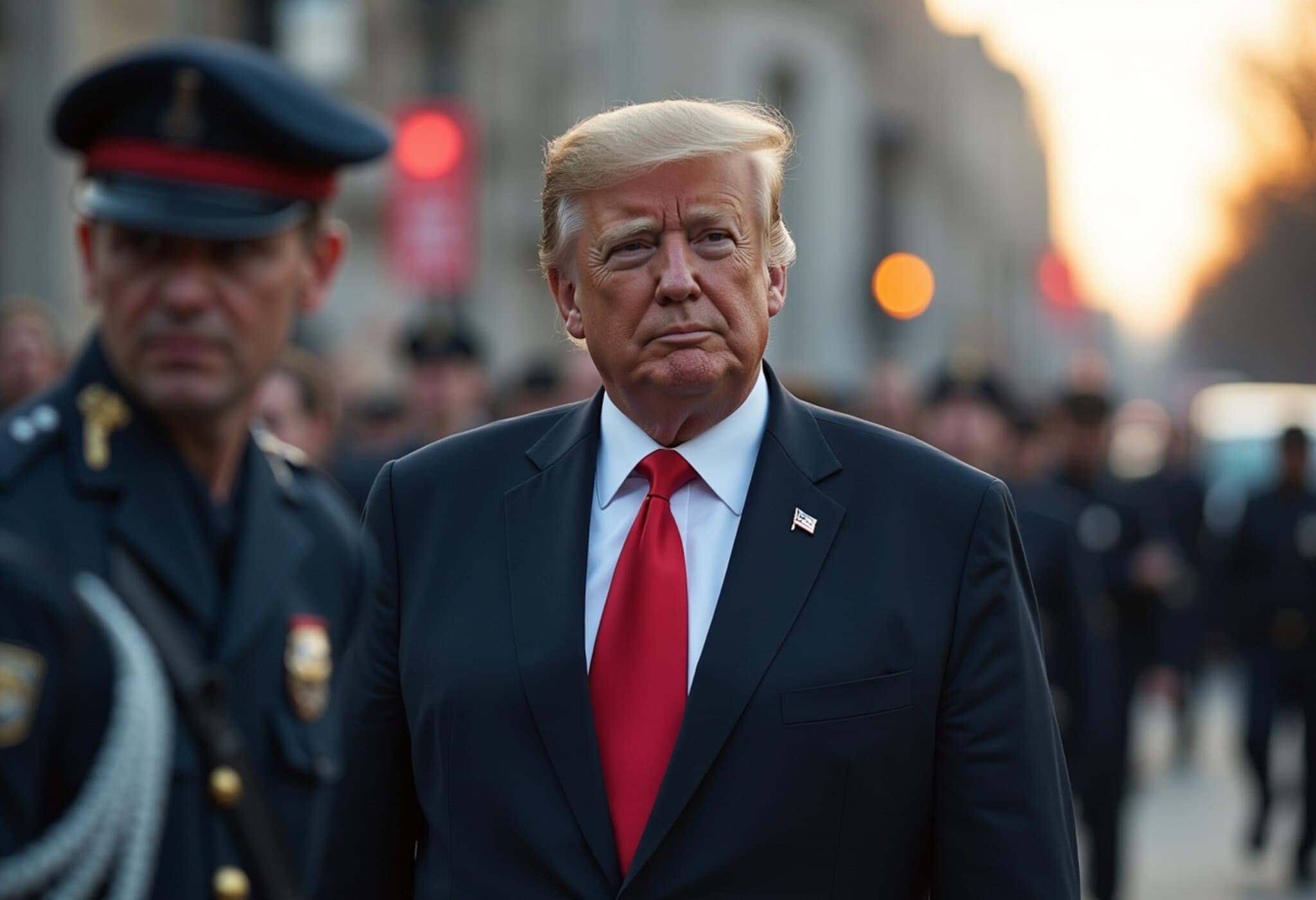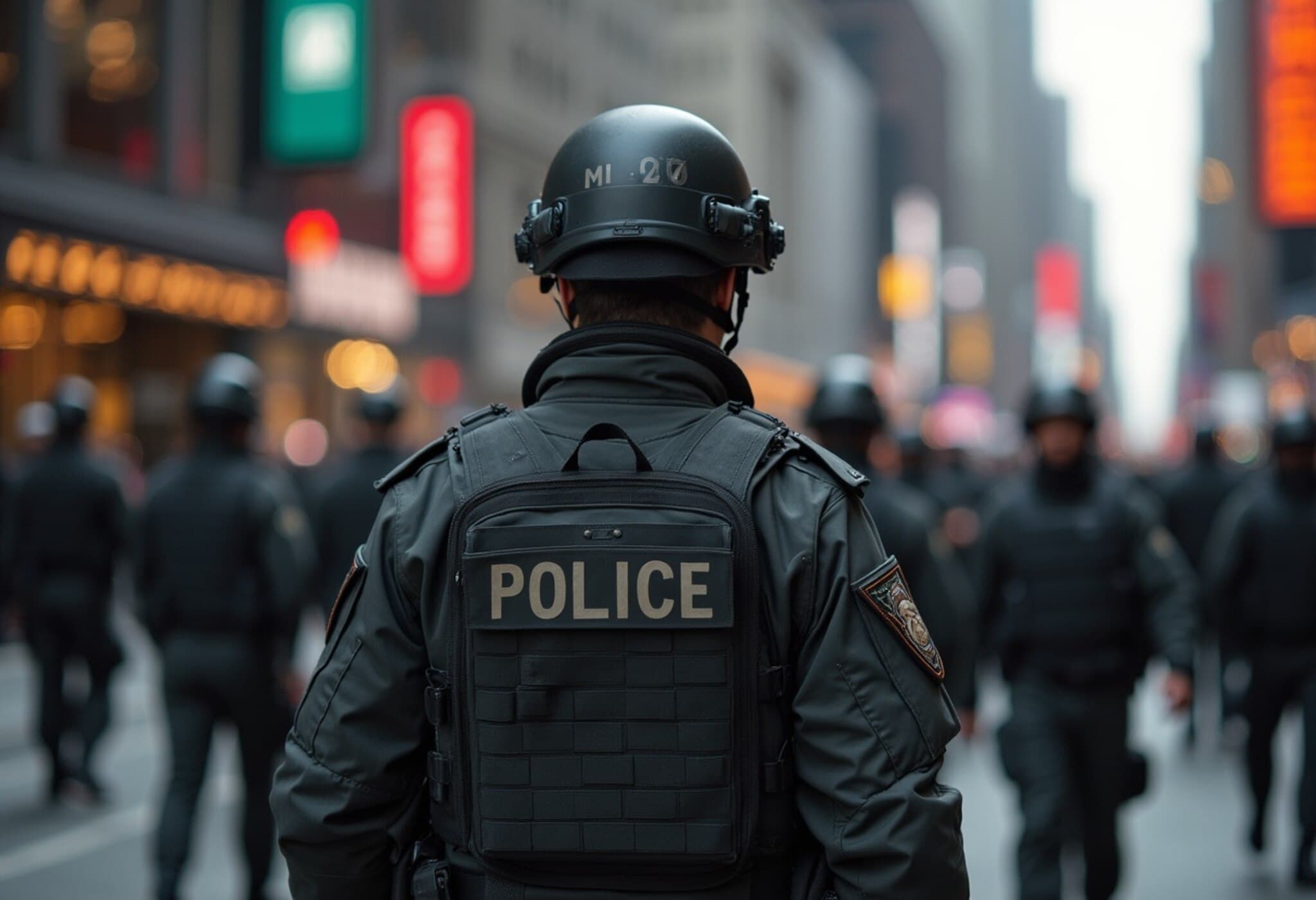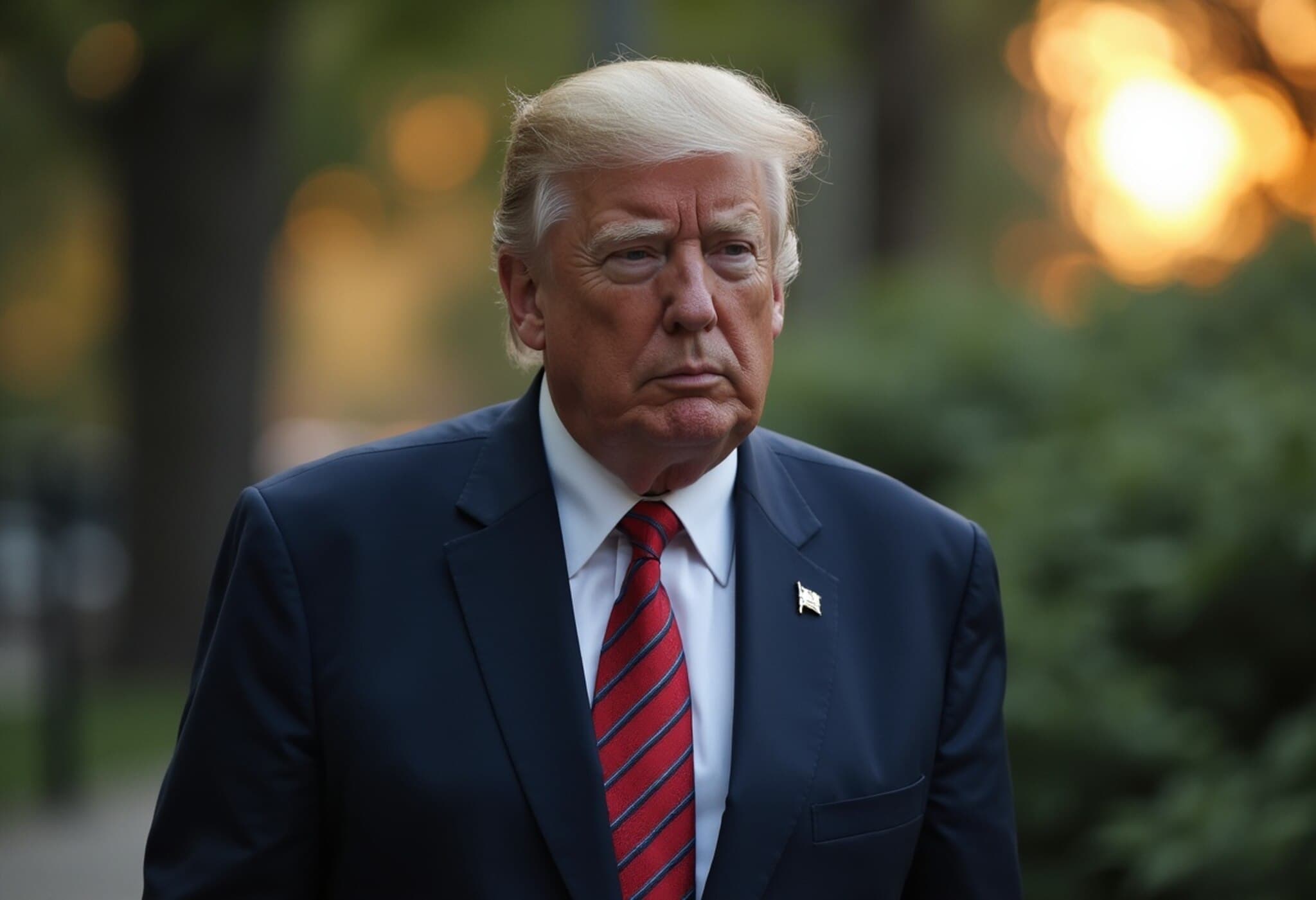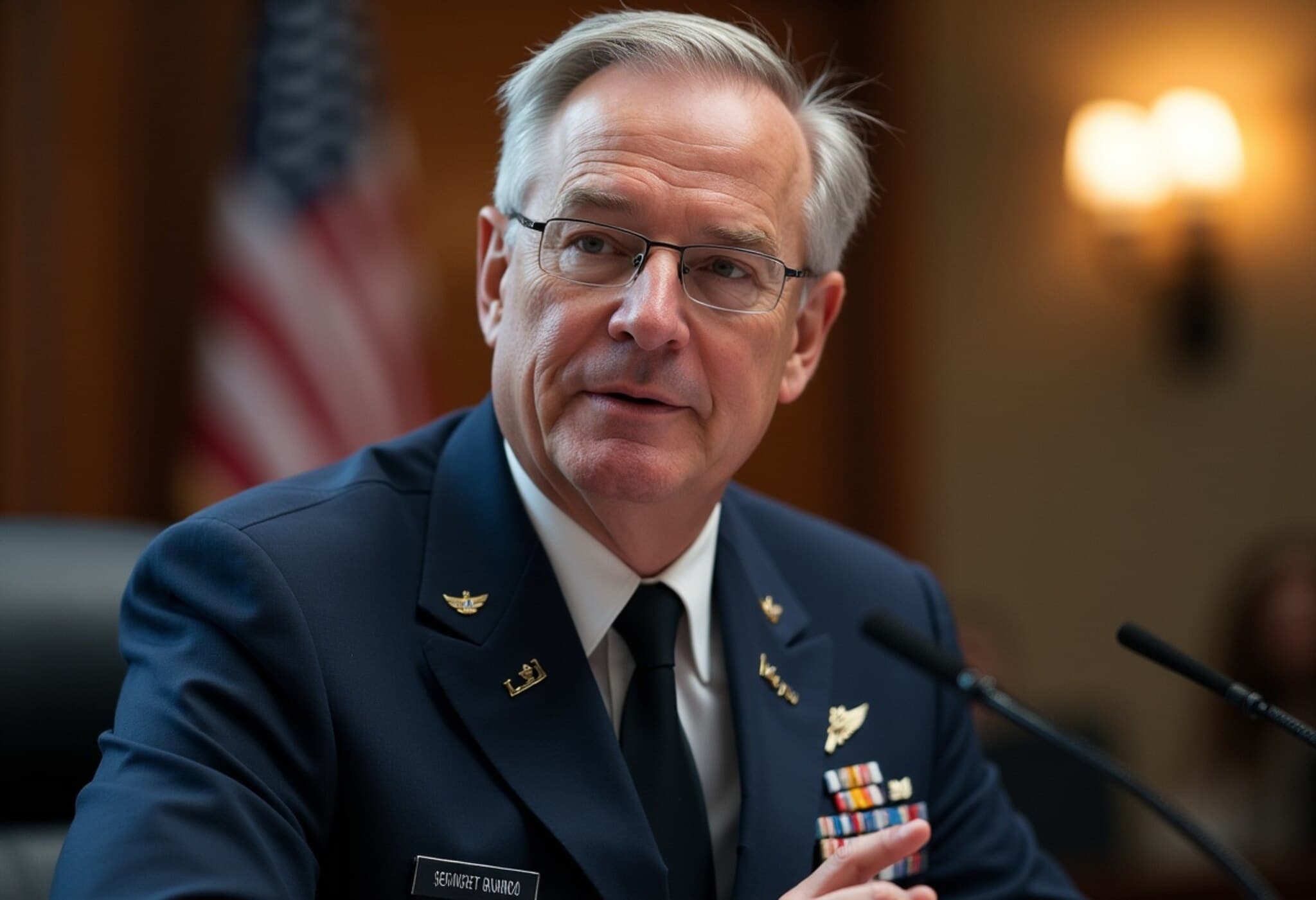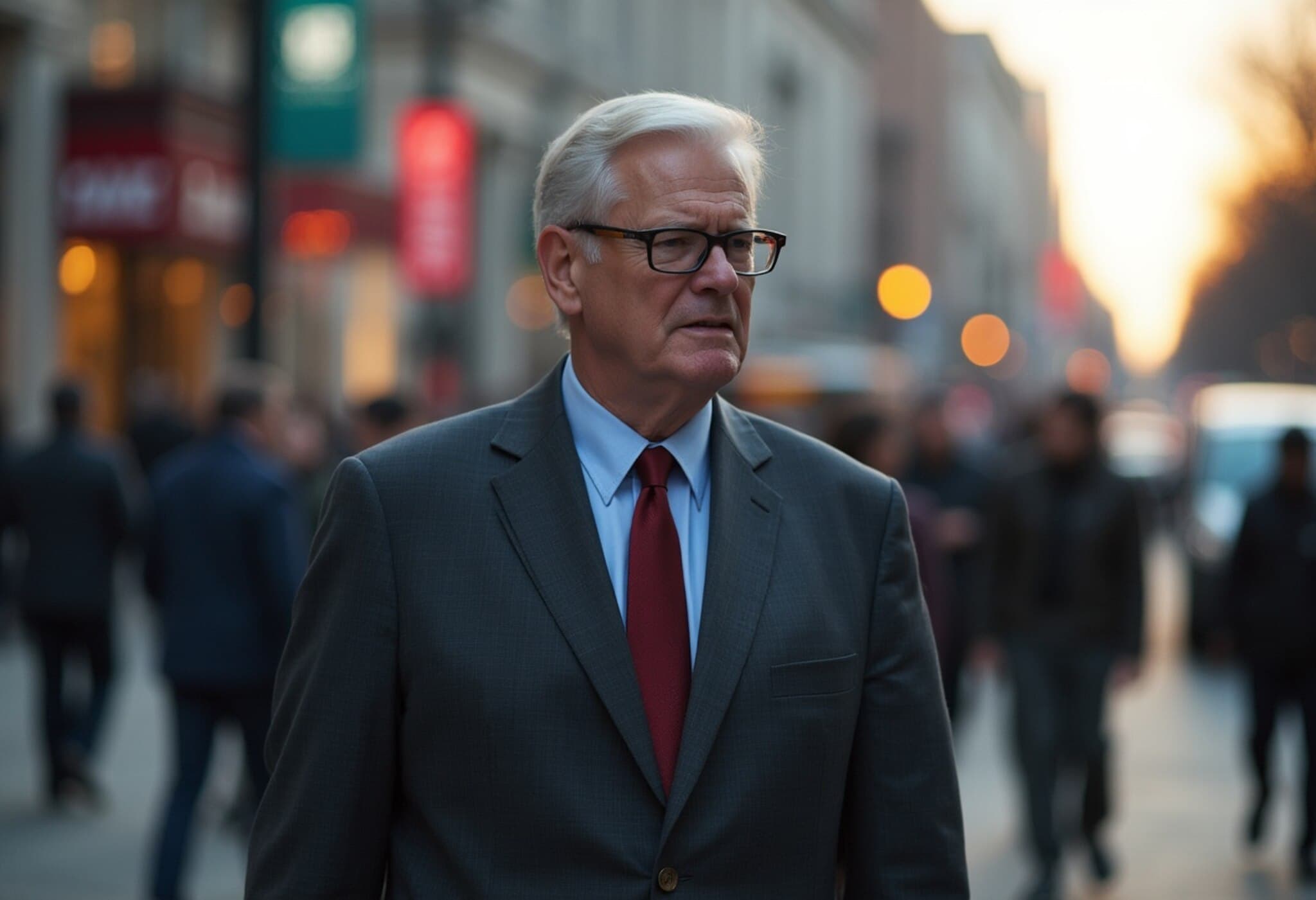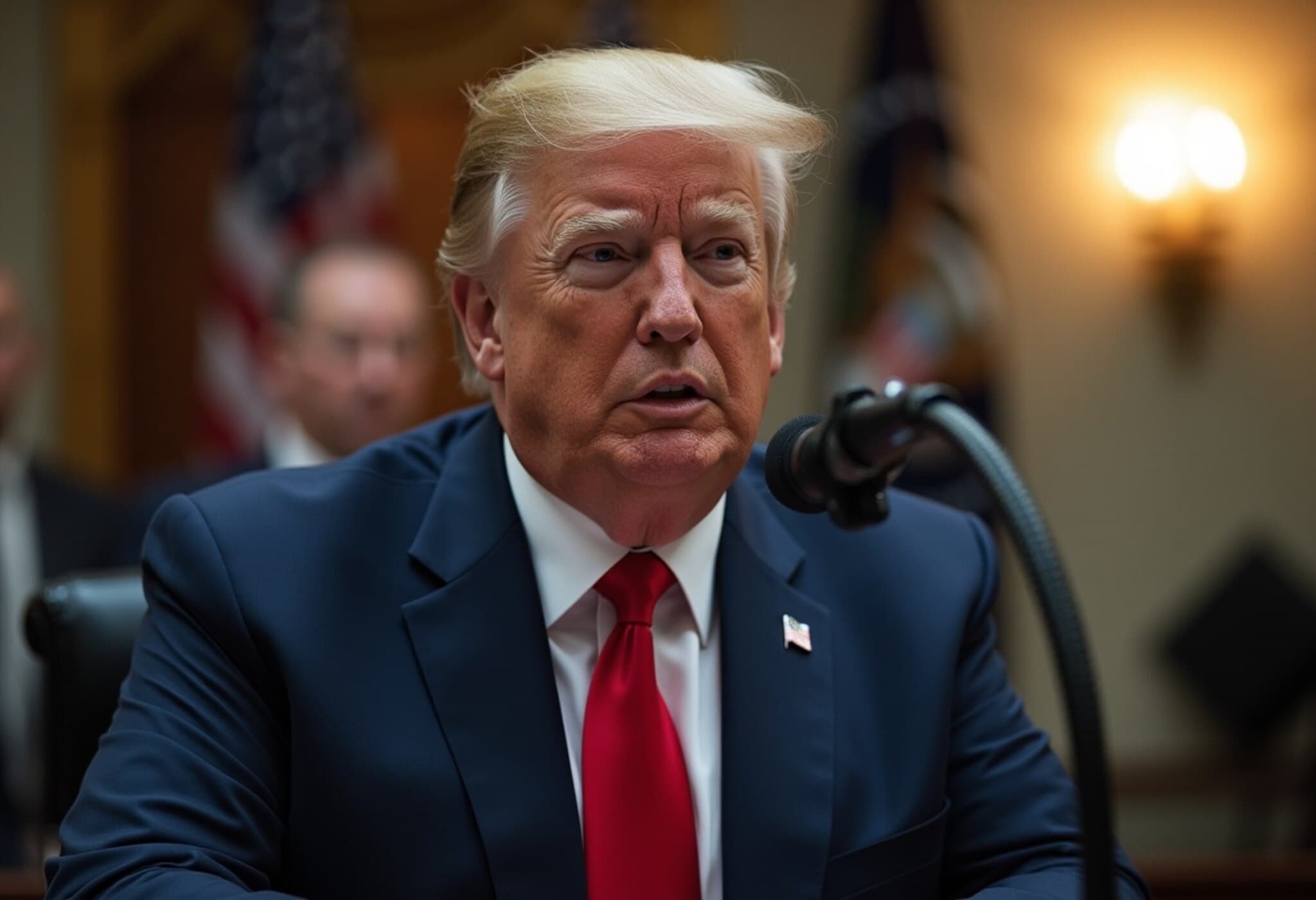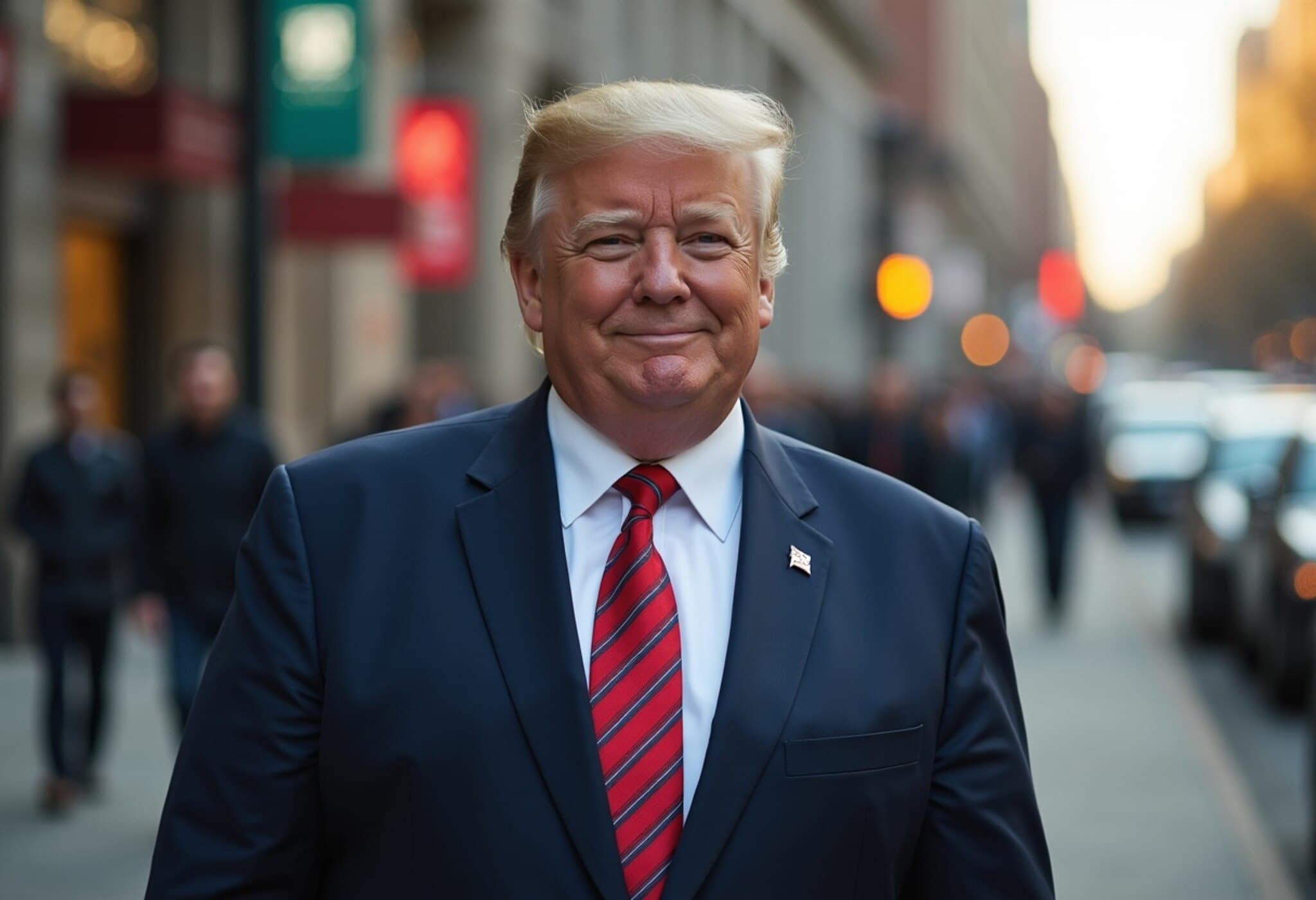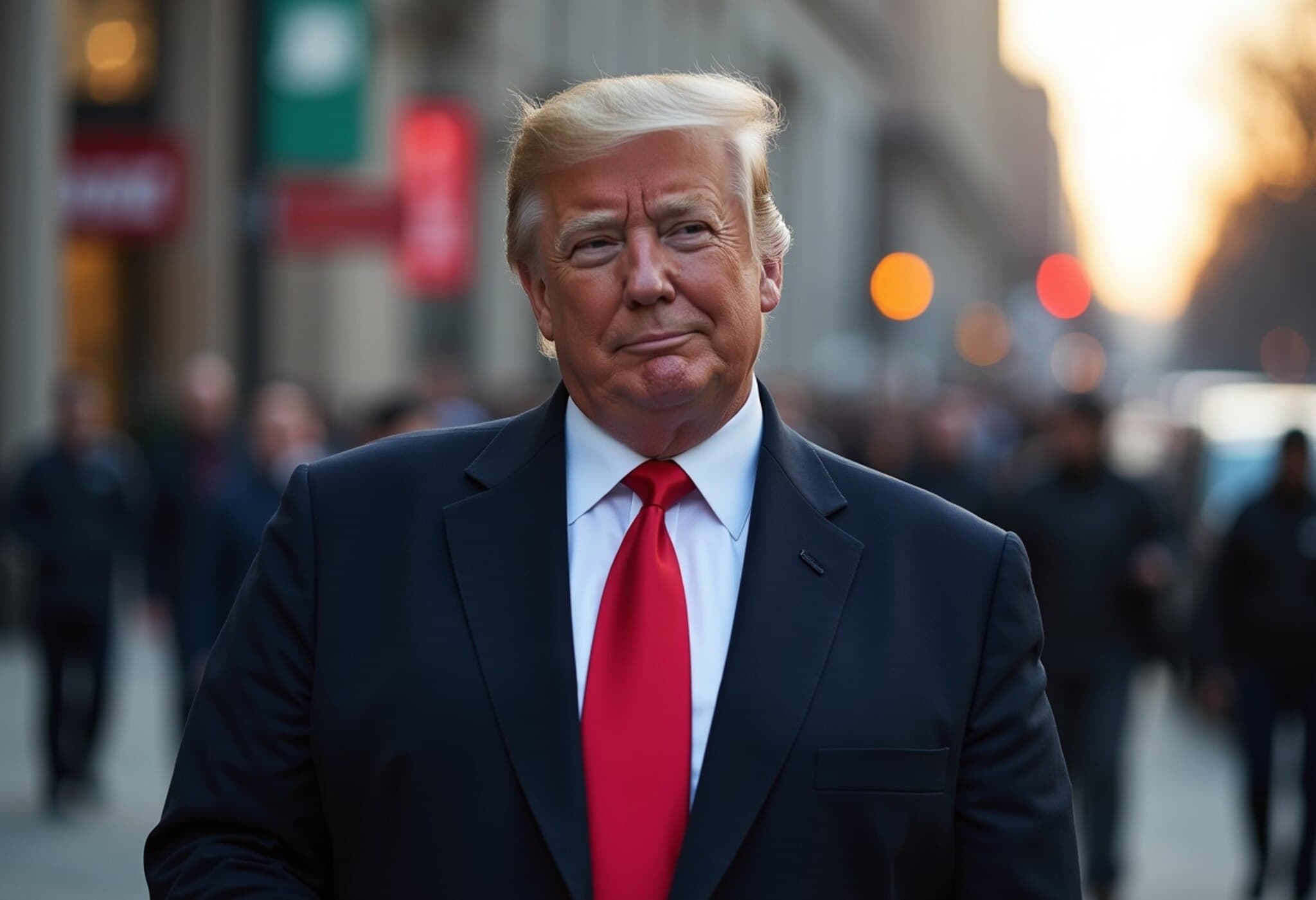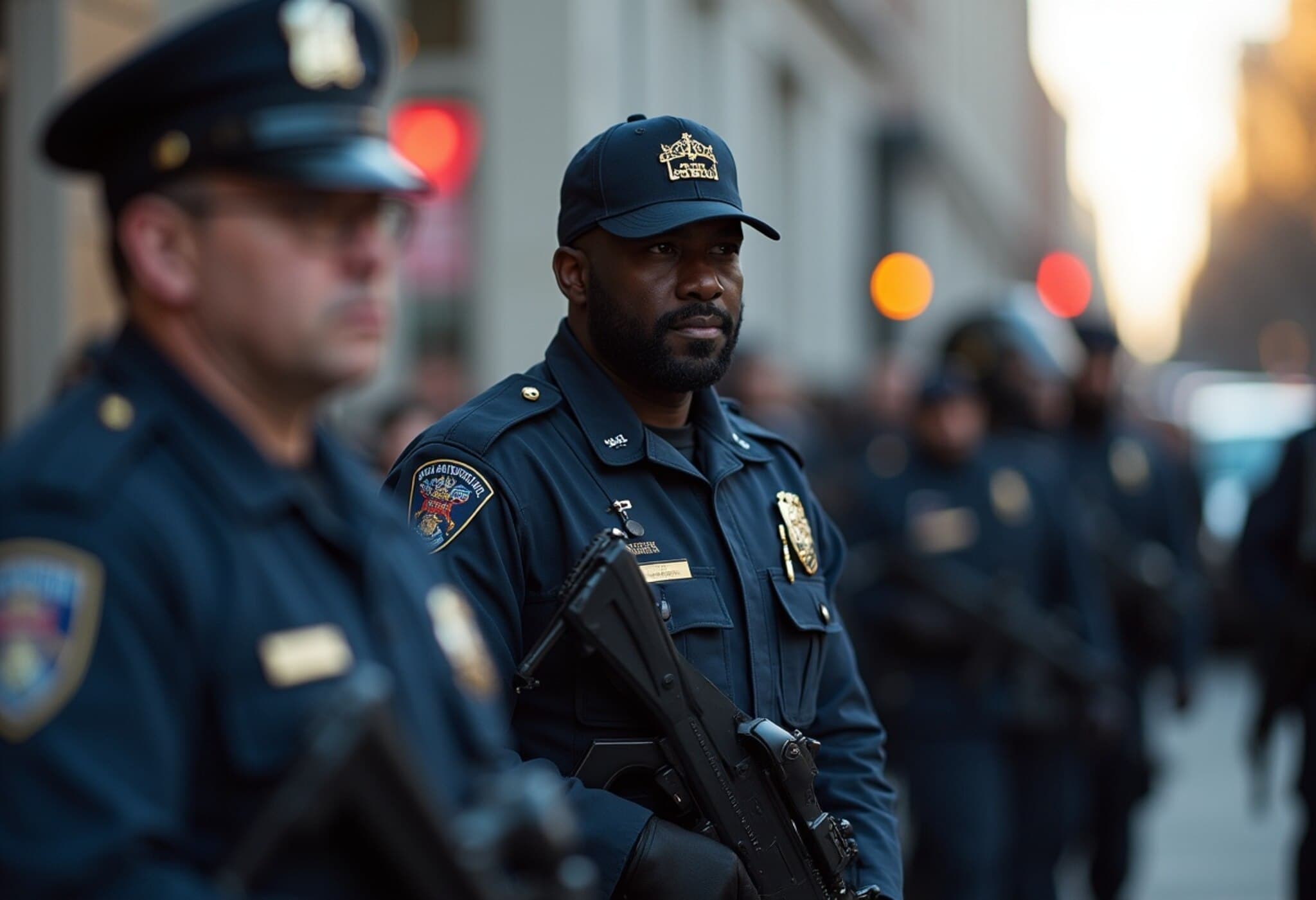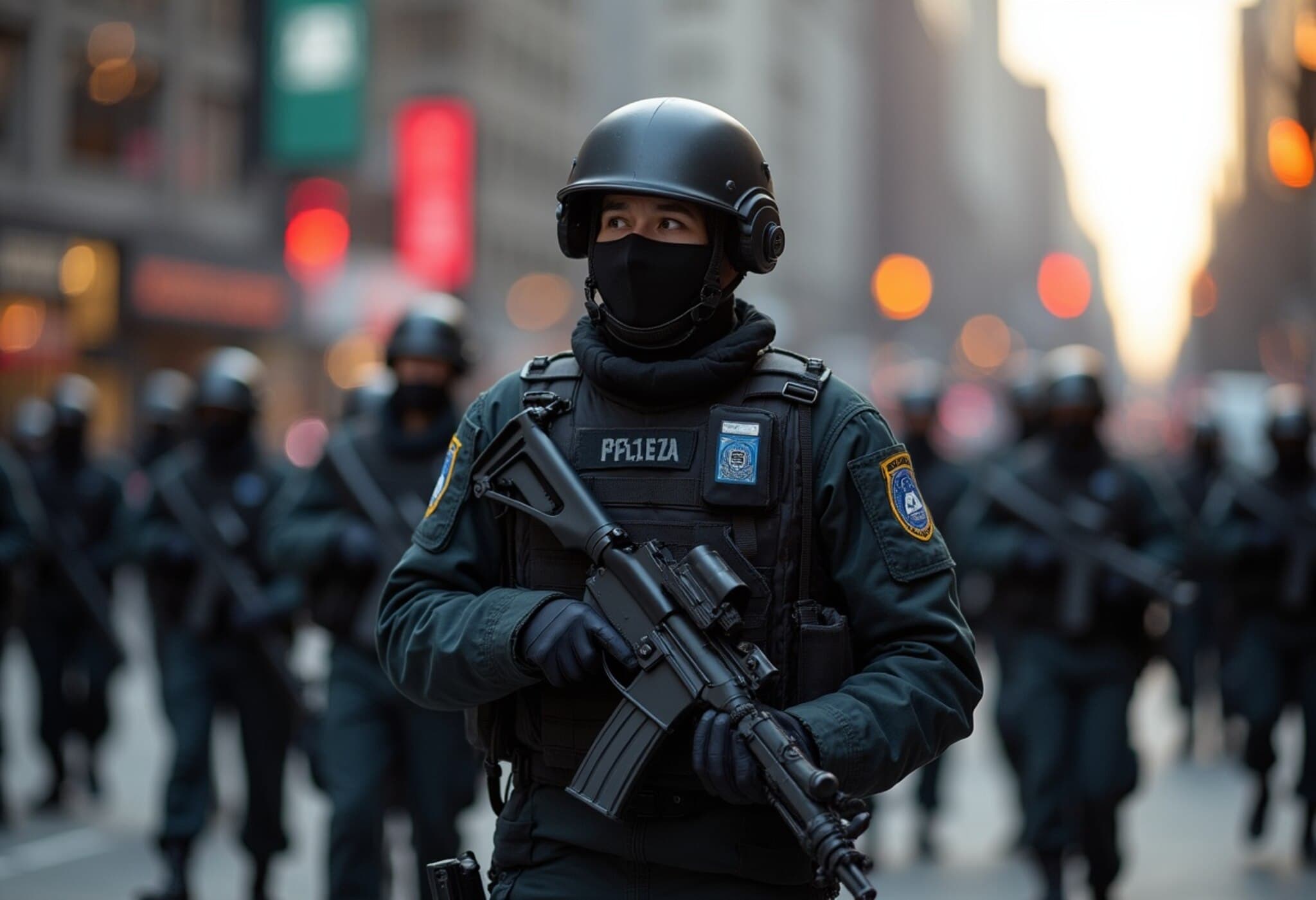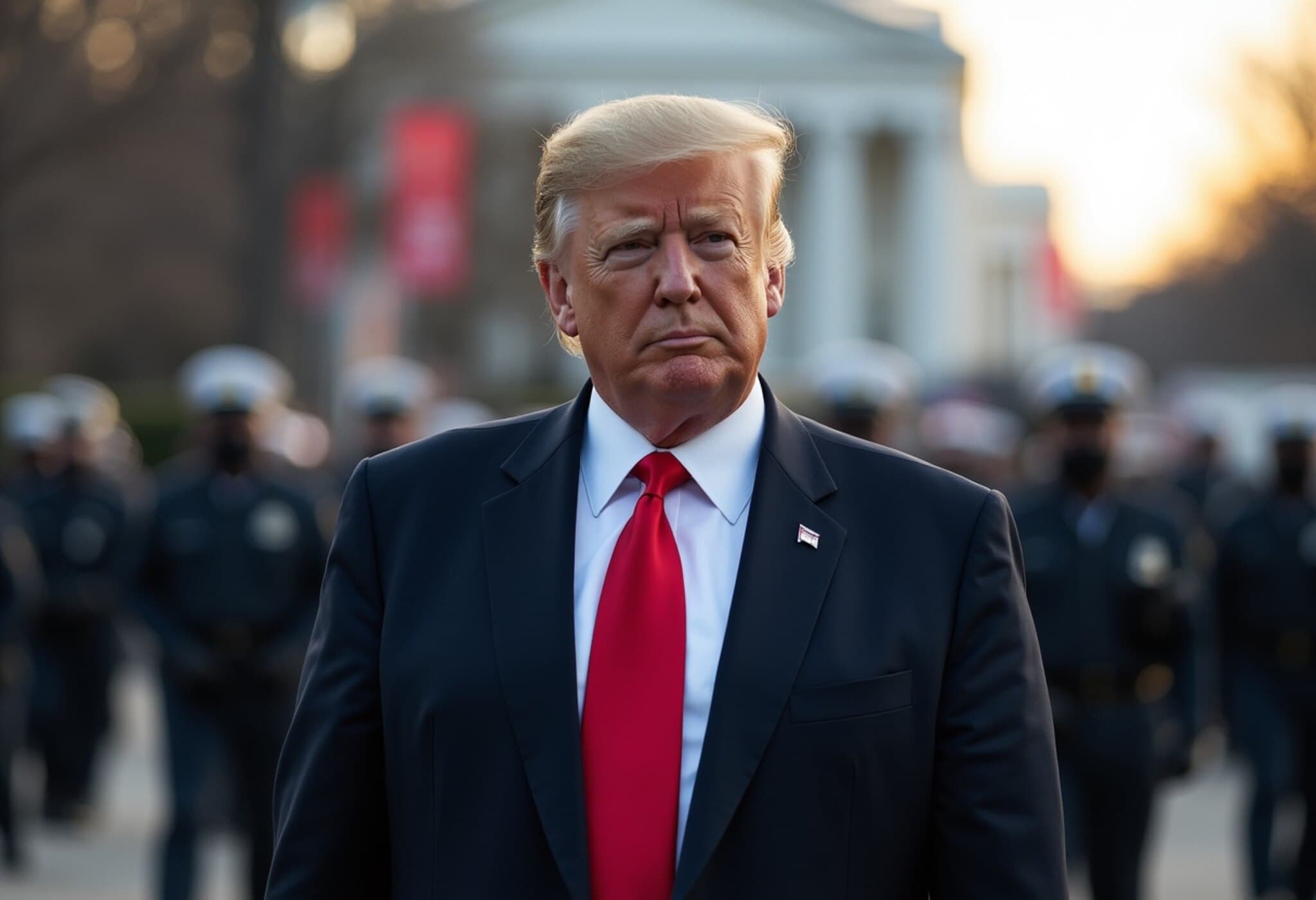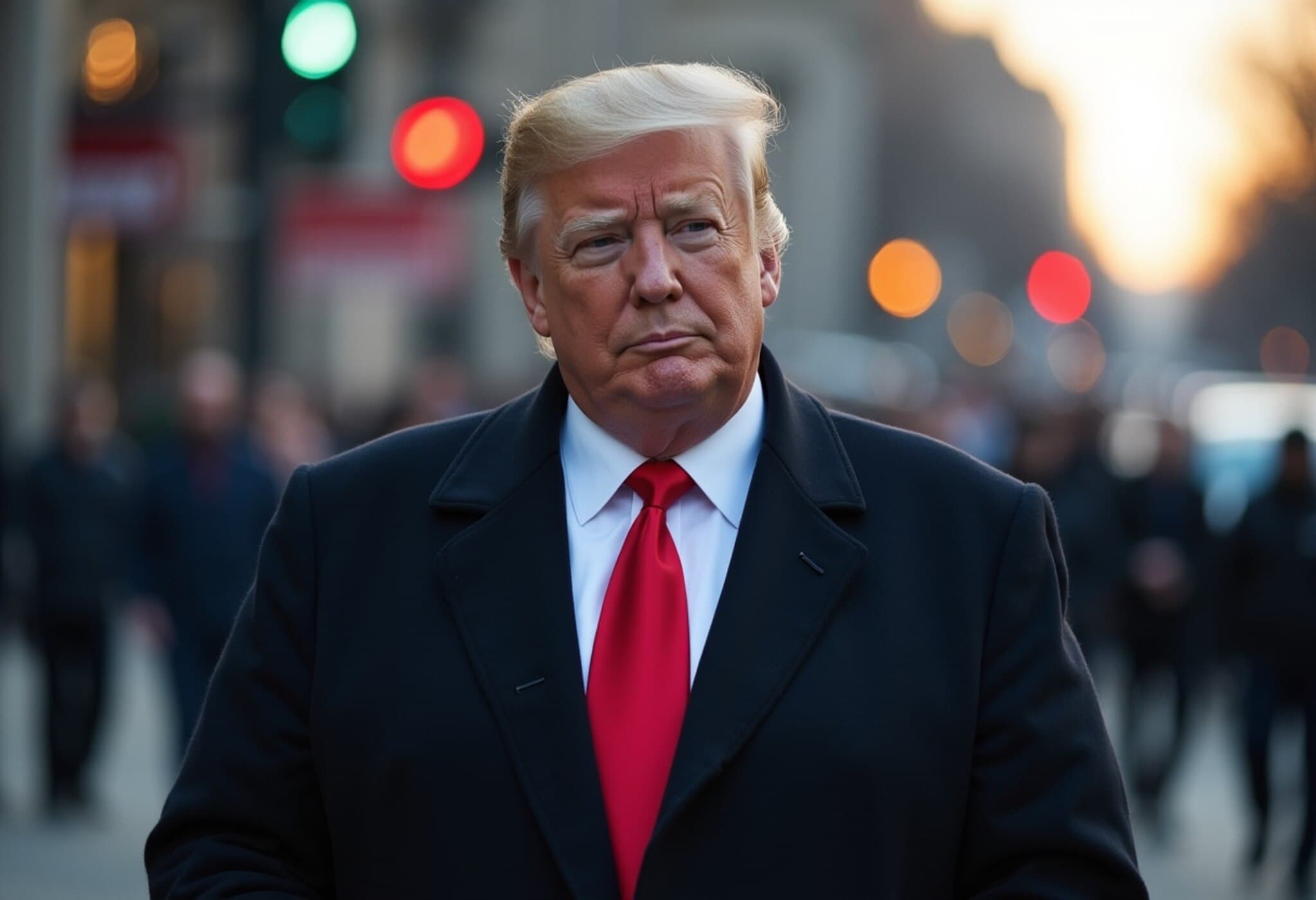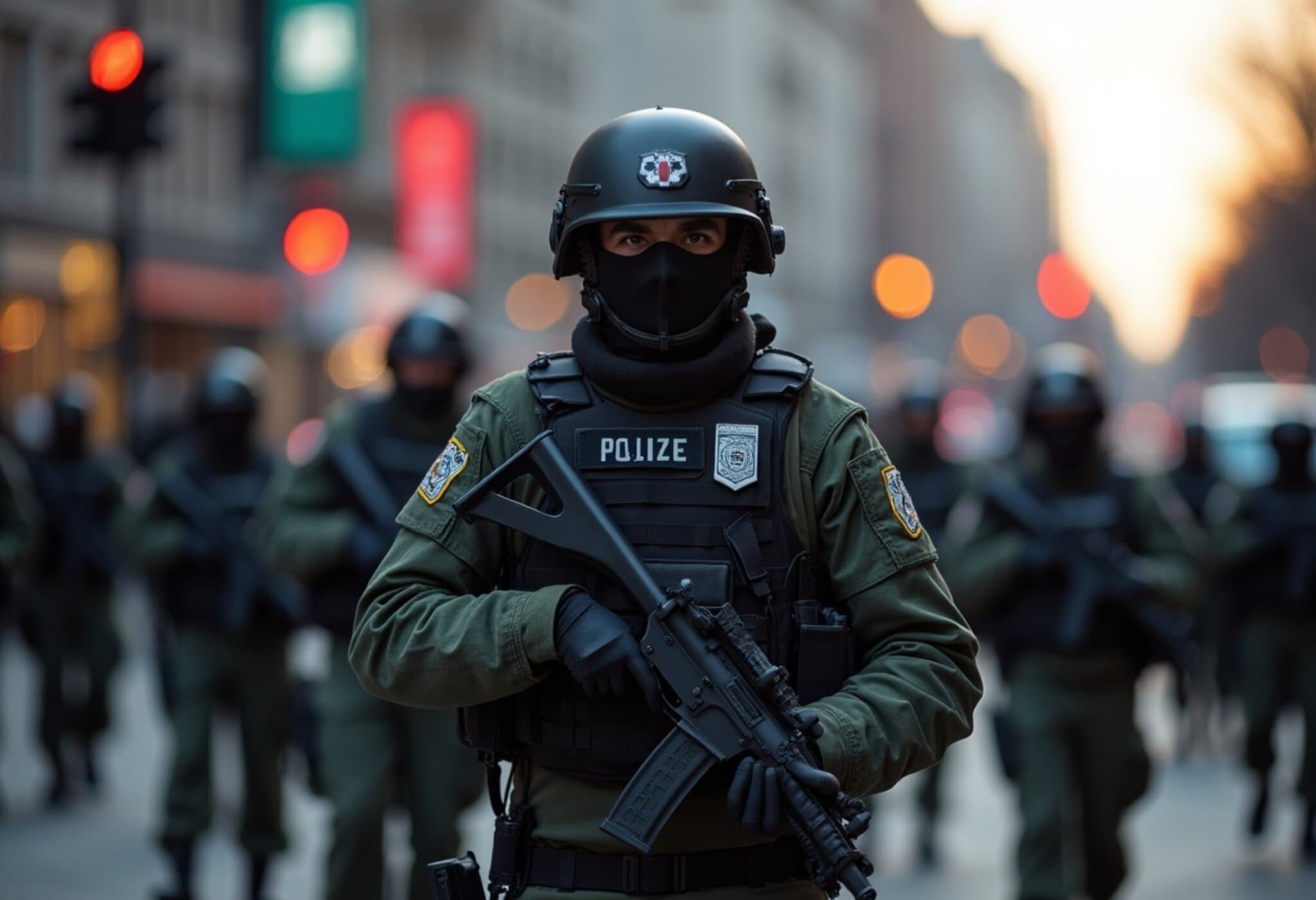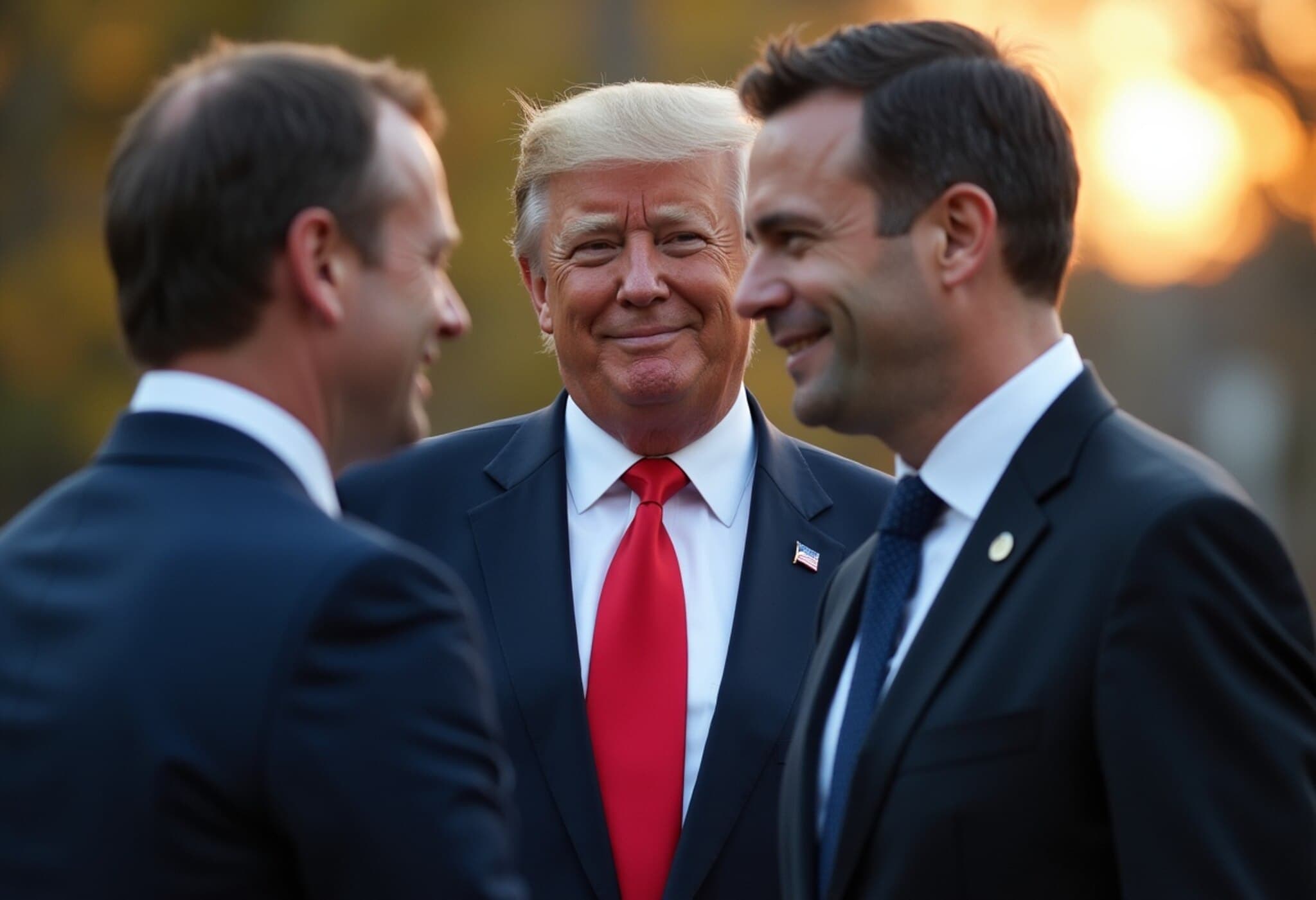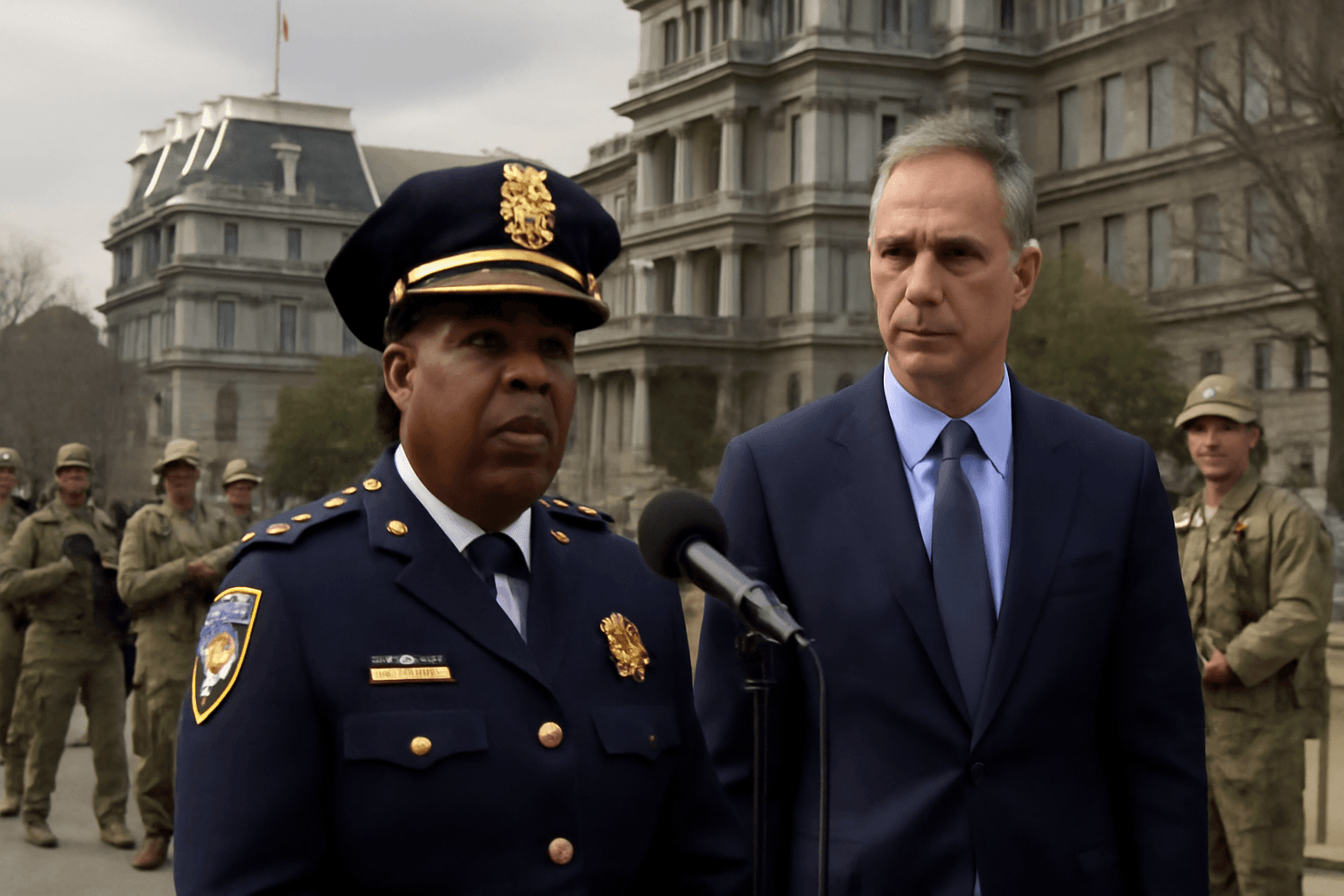Trump Orders Full Deployment of National Guard to Washington, DC
In a decisive move underscoring ongoing tensions around public safety and political authority, President Donald Trump has authorized the full mobilization of 800 National Guard troops to Washington, DC. This deployment aims to bolster security efforts in the nation’s capital, reflecting Trump's emphasis on restoring "law and order" amid heightened concerns over urban safety.
Direct Presidential Control of Washington’s National Guard
Unlike the majority of states where National Guard units report to governors until federally activated, Washington’s National Guard operates under the direct command of the President. This unique governance removes the formal requirement for federalization, allowing for a rapid deployment timeline. The Pentagon confirmed on August 14, 2025, that all Army and Air National Guard personnel assigned to Joint Task Force DC are fully operational and engaged in various support roles across the city.
Roles and Responsibilities of the Troops
According to Pentagon Press Secretary Kingsley Wilson, the National Guard forces are tasked with:
- Supporting the Metropolitan Police Department in law enforcement efforts
- Securing key memorials and federal landmarks
- Patrolling neighborhoods to enhance public safety
- Protecting federal facilities against potential threats
- Managing traffic control points to facilitate movement and prevent disruptions
The presence of troops is planned to continue until President Trump determines that stability has been restored. This extended deployment underlines a highly proactive approach to security in the capital.
Political Context and Crime Trends in Washington, DC
President Trump’s decision comes amid a charged political climate where Republicans criticize the Democratic-led Washington city government for allegedly failing to manage crime effectively. As part of this broader narrative, Trump’s administration has also instituted a form of federal oversight of Washington's police department, marking a significant intervention in local law enforcement.
However, official crime statistics paint a more nuanced picture. Data from the Washington Metropolitan Police Department indicates that violent crime rates have declined in 2024 compared to the previous year, after experiencing a post-pandemic surge. These figures suggest improvements in safety metrics, challenging the predominant political rhetoric framing the city as being in crisis.
Implications of Federal Intervention
This deployment must also be viewed in the context of recent federal actions, notably President Trump’s earlier use of National Guard and Marine units to control unrest in Los Angeles following immigration enforcement operations. This marks the first instance since 1965 where a president has deployed the National Guard into a state despite objections from that state’s governor, highlighting unprecedented federal intrusions into local governance.
Expert Analysis and Broader Significance
From a legal and civil liberties perspective, such federal deployments raise critical questions about the balance of power between federal and local authorities. Experts point out that while National Guard mobilization can provide an immediate boost in security, it risks fostering perceptions of militarization of everyday spaces, potentially eroding community trust in law enforcement.
Economically and socially, heavy-handed security measures can impact local businesses and residents, disrupting normal activities and exacerbating tensions. Policymakers and citizens alike must weigh the short-term security gains against longer-term implications for democratic governance and civil rights.
Underreported Angles
- The voices and experiences of DC residents living under increased military presence remain largely absent from mainstream discourse.
- The potential costs—financial and social—of sustained National Guard deployments have not been fully explored.
- Comparisons with other American cities facing similar crime challenges highlight alternative community-based strategies that balance policing with social investments.
Looking Ahead
As Washington, DC navigates this intense period of federal intervention, the nation watches closely. The outcome of this deployment will likely influence future debates over federalism, urban governance, and public safety policies in the United States.
Editor's Note
President Trump’s mobilization of 800 National Guard troops in Washington underscores the fraught intersection of politics, security, and community wellbeing in today’s urban America. While officials emphasize the restoration of order, it’s crucial to consider both the immediate benefits and the broader democratic risks posed by federalizing local security forces. How these dynamics will reshape governance and civil liberties in the nation’s capital—and beyond—remains an open question demanding close scrutiny.

